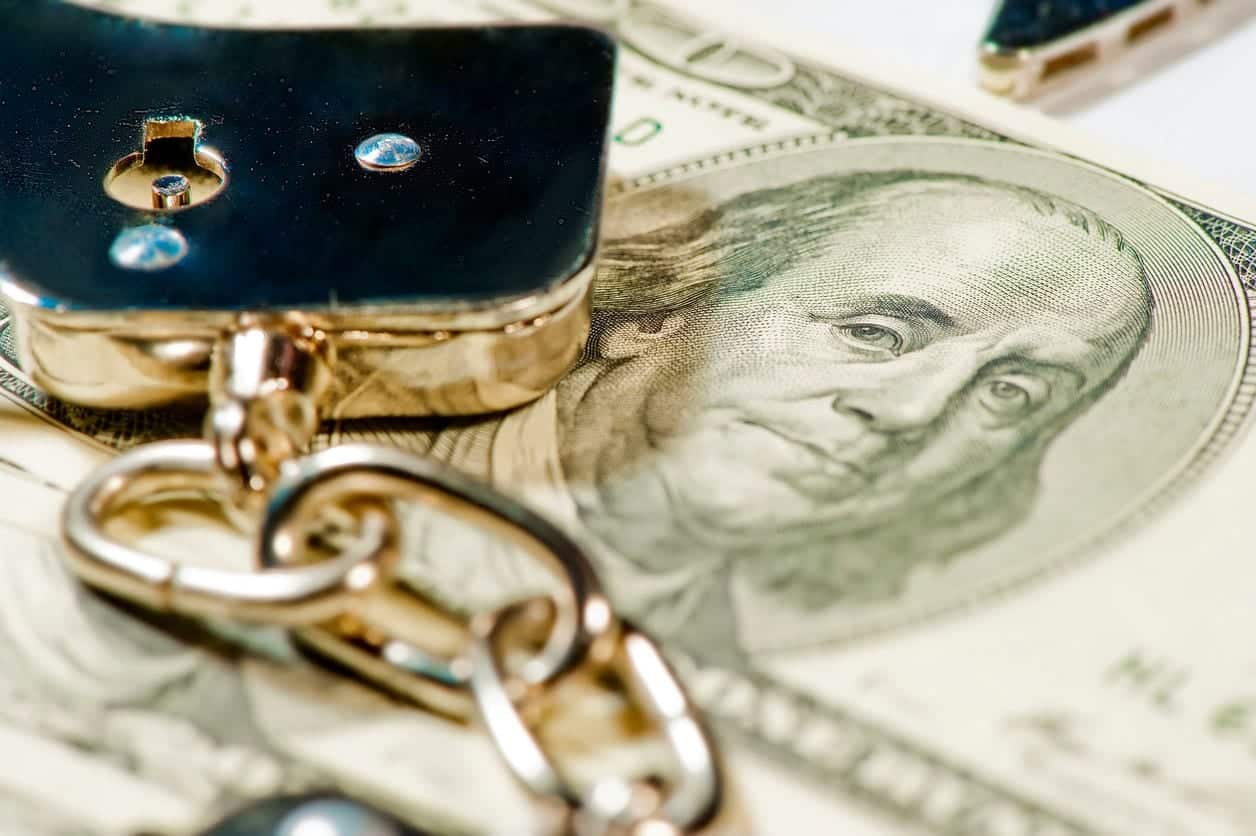
The U.S. Sentencing Commission is an independent agency in federal judicial branch of government. Established by Congress in 1984, the Commission’s primary purpose is “to establish sentencing policies and practices for the federal courts, including guidelines prescribing the appropriate form and severity of punishment for offenders convicted of federal crimes.”
One of those offenses is embezzlement which essentially targets theft from the government, such as the theft of funds or building materials from a construction site where a federal building is being constructed. Besides the theft of money and property, embezzlement can entail the theft of records or other things that have a specific value to the federal government.
Embezzlement is consider a white collar offense that comes with especially harsh penalties at ether the federal or state level. While embezzlement is a form of theft, it is considered more serious than theft per se because it generally involves the violation of a trust bestowed upon the individual who steals the money, property or records from the government or a government-subsidized entity.
U.S. Sentencing Guideline 2B1.1 establishes an offense level of 7 for an offender convicted of an embezzlement-related offense that has a statutory maximum term of imprisonment of 20 years or more. Otherwise, the offense level is 6.
Specific amounts of loss can enhance the offense level by 2 levels (loss of $5,000 or more) ip to 30 levels (loss of more than $400,000,000). And the recommended Guidelines sentence can be further enhanced for a host of other factors, such as the offense causing a substantial disruption of a critical infrastructure.
In Texas, the punishment for embezzlement is spelled out in Section 31.03 of the state’s Penal Code. The theft of money or property valued at less than $50 is punishable by a fine up to $500 while the theft of $200,000 or more is punishable by a fine up to $10,000 and/or a term of imprisonment from 5 to 99 years.
These types of cases happen throughout the country every day, and federal prosecutors and lawmakers encourage and enforce serious penalties for convicted offenders. If you are found guilty on misdemeanor embezzlement charges, you could statutorily face fines of up to $100,000 and one year in jail. If you are found guilty on felony embezzlement charges, you could face fines of up to $250,000 and up to five years in jail.
Those are serious penalties.
You could be forced to pay upwards of hundreds of thousands of dollars, even if the money that was embezzled adds up to less than $1,000. And it should be kept in mind that embezzlement charges are often charged with other types of white collar crimes, including fraud, forgery, or theft.

Why is embezzlement punished so harshly?
Because these type of crimes tend to impact large groups of people in a negative way – especially when funds are embezzled by public or government officials.
Let’s take a look at some recent cases to better understand the impact of embezzlement.
Middlebury Fire Chief – Earlier this year, Paul Perrotti was sentenced to three months in jail, three years probation, and over 200 hours of community service for federal embezzlement. Perrotti served as a volunteer fire chief in Middlebury, Connecticut from 1997 to 2014. From 2012 to 2013, Perrotti embezzled money from the town of Middlebury by writing checks to employees, as well as third parties and vendors associated with the business he owned as a licensed electrical contractor. Over $25,000 was taken from the town during that time. In mid-2014, the FBI launched an investigation against Perrotti, which led to his arrest.
Capitol Harley-Davidson Employee – A man from Howell, North Carolina was charged with embezzling over $280,000 from Capitol Harley-Davidson from 2009 to 2014. Stephen Elliott was trusted by the previous owner, David Bell, and started to run the business while Bell slowly relinquished his involvement.
Unfortunately, Elliott allegedly used his position to sell motorcycle parts on the side for personal gain. Prosecutors believe that Elliott changed records to cover up missing inventory.
During this time, other employees saw that the business was suffering. Some even allegedly wrote personal checks in an effort to get the Capitol Harley-Davidson back on its feet. Elliott faces up to 20 years in prison and has a motion trial in October 2016.
Quincy Police Department – Lt. Thomas Corliss worked in the Quincy Police Department in Massachusetts for 23 years until he was charged with mail fraud and embezzling money from the city of Quincy and the police department itself. Federal investigations revealed that the lieutenant allegedly lied, improperly recording his duties and hours to obtain higher pay from the Police Department. He also failed to record his time off for vacation.
Altogether, over $11,000 was taken from the city between March and September 2015. At the time of his indictment, Corliss was the highest-paid member of the department. In 2014, he was the highest-paid city employee. Corliss’s paycheck is taxpayer-funded, and many of the charges embezzled were also funded by federal traffic-enforcement grants. Corliss has pleaded innocent to the crimes he has been charged with.
Serious Effects Mean Serious Penalties

Embezzlement and similar white collar crimes can have a profound negative effect on businesses, consumers, and the overall economy. This is why you need a serious federal white collar crimes lawyer to fight for you if you find yourself up against these types of charges. If you want to protect your future and your good name, reach out to us today.



